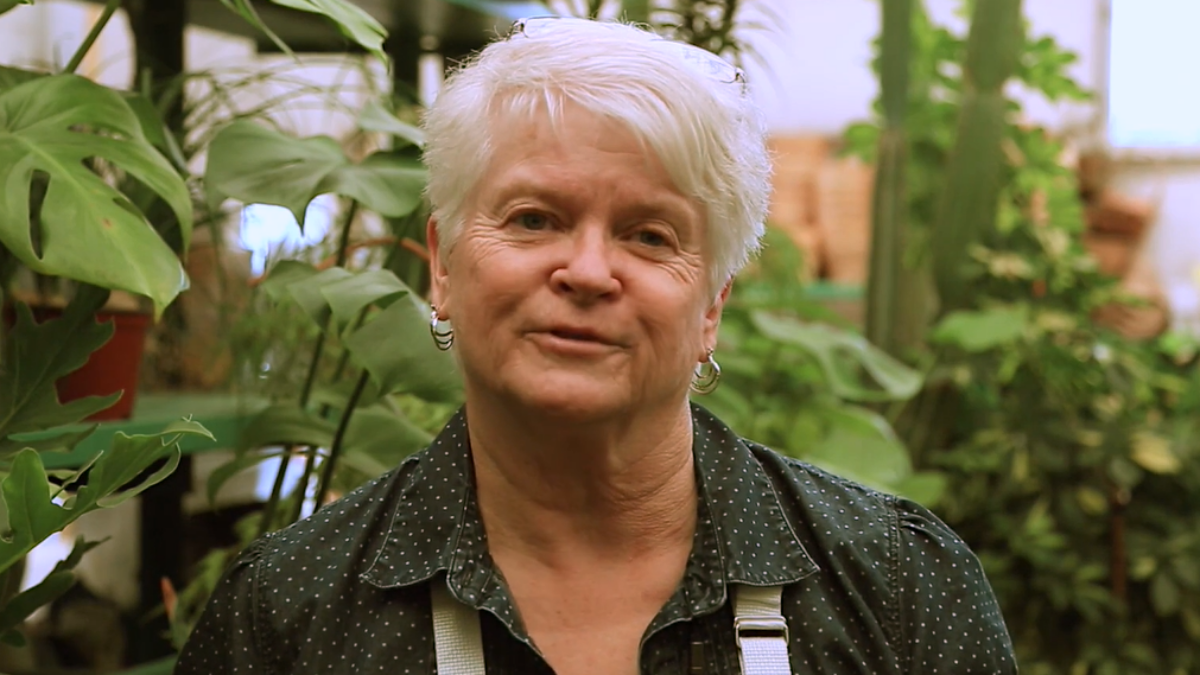Barronelle Stutzman, a florist in southeast Washington, wrapped up a nearly decade-long legal saga in November by settling with the American Civil Liberties Union (ACLU) for her refusal to service a gay wedding.
As part of the agreement, Stutzman, who in 2013 denied floral arrangements for Robert Ingersoll and Curt Freed, who were later represented by the left-wing nonprofit, paid the pair $5,000 and sold her business to staff.
“I just think it’s amazing the way it turned out,” Stutzman told The Federalist. After almost nine years of litigation, she said, “I didn’t have to violate my conscience.”
The 77-year-old Stutzman said she hopes to be retired by mid-January after 35 years running her business.
When she decided to deny service on the basis of her religious convictions, the ACLU and Washington state attorney general, she said, “tried to bully me to do same-sex weddings or they will destroy me.”
On whether she felt destroyed following the settlement, however, Stutzman said, “not at all.”
“I feel like I didn’t have to compromise my principles, my ultimate faith,” she said. “Rob and Curt have every right to believe the way they do and live the way they do, and I’m only asking for the same thing.”
Kristen Waggoner, general counsel for the First Amendment nonprofit Alliance Defending Freedom, which represented Stutzman, stressed in an interview with The Federalist that the circumstances for the settlement were exceptionally “rare.” In July, the Supreme Court denied hearing Stutzman’s case, a decision that left in place a lower court ruling that Stutzman violated a state civil rights law. Later in the same month, ADF filed a motion for reconsideration with the U.S. Supreme for Stutzman which was considered several times, possibly because of a lower court ruling in a similar case. According to ADF, the Court typically denies this type of motion quickly, but because it held open her motion and gave it consideration, this signals that it was taking the motion seriously.
“This is the end of Barronelle’s legal journey, but she has inspired others,” Waggoner said, highlighting another case out of Colorado that was filed with the Supreme Court in September.
Lorie Smith, the founder of Denver-area web design company 303 Creative, lost a 2-1 ruling in the U.S. Court of Appeals for the 10th Circuit which mandated that she create custom graphics and websites for LGBT customers despite messages that contradict her religious beliefs.
According to an Alliance Defending Freedom press release, 16 states and 45 members of Congress have joined the nonprofit, with a group of legal scholars, economists, publishers, and media groups filing friend-of-the-court briefs requesting that the high court take up Smith’s appeal.
“We’re hopeful the Supreme Court will hear that case,” Waggoner said, citing it as “critical.”
Heading into retirement, Stutzman issued a warning.
“Our freedoms are being taken away one by one, and if we don’t stand up and speak out then we’re going to get buried,” Stutzman told The Federalist.
A previous version of this article said Barronelle Stutzman was 76. She is 77. This article has been updated since publication.








